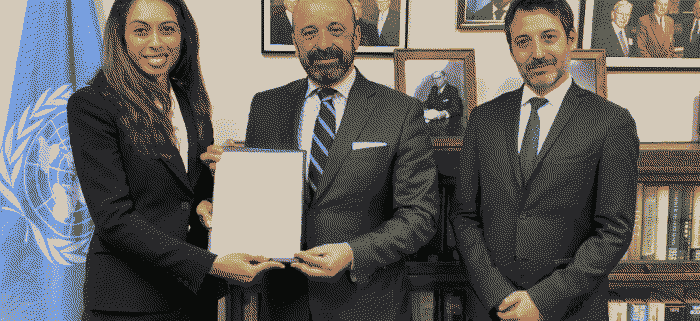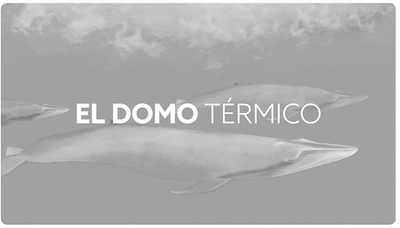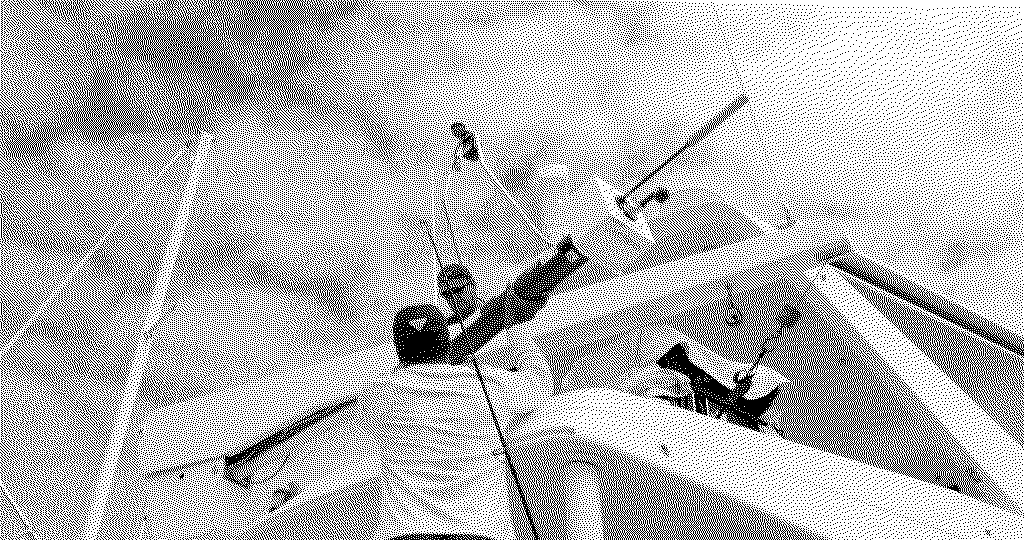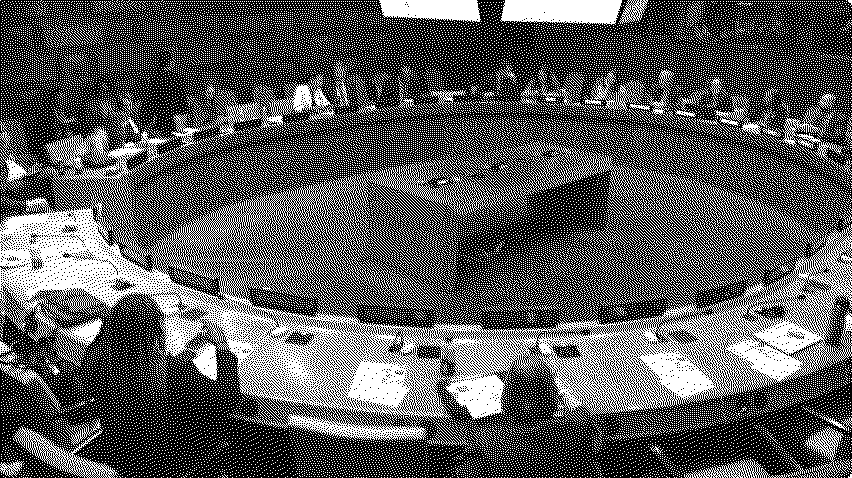
The BBNJ Treaty
The BBNJ Treaty is the third implementing agreement under the United Nations Convention on the Law of the Sea (UNCLOS), which addresses the conservation and sustainable use of marine biological diversity of areas beyond national jurisdiction. These areas, often referred to as the “high seas”, constitute approximately two-thirds of the world’s ocean and are home to 95% of living spaces.
Palau’s Leadership
Palau, known for its commitment to environmental conservation, has once again demonstrated its dedication to the protection of the world’s oceans. The nation’s decision to ratify early the BBNJ Treaty sends a powerful message to the global community about the urgency of addressing the challenges facing the ocean.
President Tommy E. Remengesau Jr. expressed his pride in Palau’s role as a leader in marine conservation. He stated, “Our commitment to protecting the oceans is not just within our national jurisdiction but extends to the entire global community. We must work together to ensure the sustainability of our oceans for future generations.”
Key Objectives of the BBNJ Treaty
Conservation of Marine Biodiversity: The BBNJ Treaty aims to establish a framework for the conservation and sustainable use of marine biological diversity in areas beyond national jurisdiction.
Access and Benefit Sharing: The treaty addresses the fair and equitable sharing of benefits arising from the utilization of marine genetic resources, emphasizing the importance of accessibility for all nations.
Environmental Impact Assessments: It introduces a mechanism for conducting environmental impact assessments to ensure that human activities in these areas do not harm marine ecosystems.
Capacity Building and Technology Transfer: The BBNJ Treaty promotes the development of capacity and transfer of marine technology to assist developing countries in effectively participating in the management of marine biodiversity.
Global Impact and Future Prospects
Palau’s ratification of the BBNJ Treaty sets the stage for other nations to follow suit and reinforces the importance of collective action in preserving the health of the ocean. As more countries join the effort, a comprehensive international framework for the protection of marine biodiversity in areas beyond national jurisdiction will take shape. Indeed, 60 countries need to ratify the BBNJ Treaty before it can enter into force.
The global community now looks forward to the swift ratification of the BBNJ Treaty by other nations, as this landmark agreement holds the potential to usher in a new era of responsible and sustainable management of the ocean.
On the high seas alliance website, you can follow the signature and ratification progress of the BBNJ Treaty.
Palau is the first country to ratify the BBNJ Treaty. It marks a historic moment in the ongoing quest to protect the world’s ocean. As we celebrate this milestone, it is a reminder that collaboration and commitment are essential in addressing the challenges posed by the ever-changing state of our marine ecosystems. Palau’s leadership serves as an inspiration for nations around the world to prioritize the conservation and sustainable use of marine biodiversity in areas beyond national jurisdiction.



